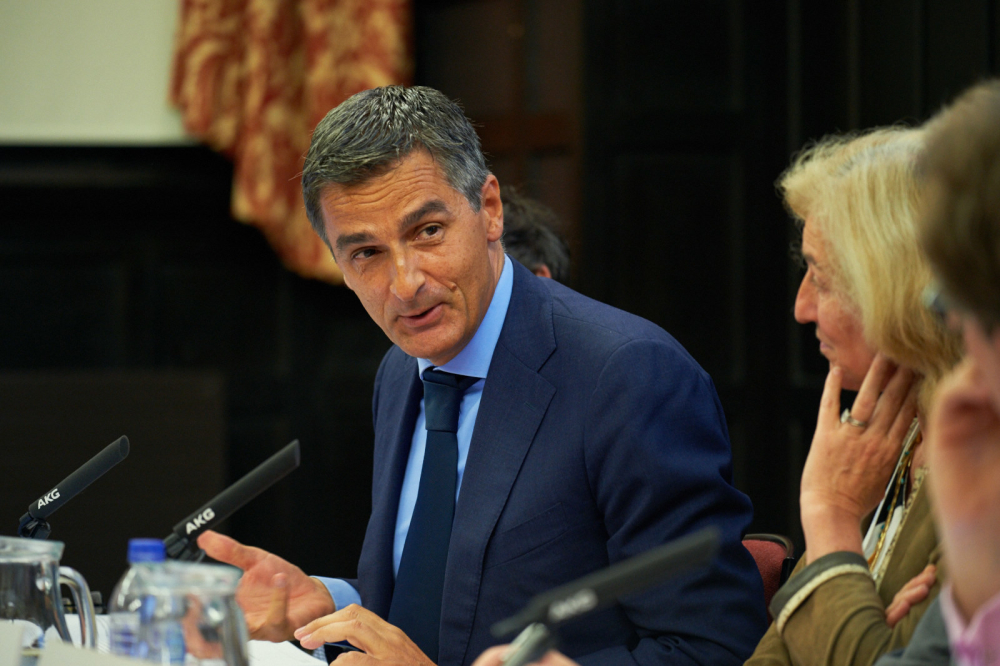Data protection high priests weigh in on the trilogue negotiations
30 Jul 2015

Pictured: EDPB head Giovanni Buttarelli
The European Data Protection Board (EDPB) has offered its advice on what would make the Data Protection Regulation work best. The EDPB is an independent organisation responsible for ensuring EU institutions have good data protection policies, and to promote good data protection and privacy practices across Europe.
The EDPB’s advice boils down to three main objectives, but steers clear of making prescriptive demands on the minutiae of the regulation.
Firstly, the EDPB recognise that trilogue can lead to weakening of positions as negotiators attempt to secure a deal but the EDPB are firm that this must not lead to a weakening of rights for EU citizens, which is the first objective.
Secondly, the regulation should focus on what is actually achievable. This echoes the view of the UK Information Commissioner, Christopher Graham, who in a recent speech asked that European legislators only pass regulation that national data protection authorities are able to enforce. In essence, if you won’t give data protection authorities the resources to enforce then don’t pass the legislation. On this point the EDPB said, “micromanagement of business processes risks becoming outdated in the future."
Lastly Giovanni Buttarelli, head of the EDPB, said that regulation must work for at least the next generation. The regulation must be sustainable as new technological developments are made. Based on the directive the regulation should last until at least the 2030’s.
Remarking on this Buttarelli said, “Long before this time, data-driven technologies can be expected to have converged with AI, natural language processing and biometric systems, empowering applications with machine-learning ability for advanced intelligence”.
To summarise, the regulation should not only cater for greater rights for consumers but be future proof and not inhibit the innovative use of new technological developments in the future.
If you would like to learn more about the Data Protection Regulation then visit the DMA toolkit.





Please login to comment.
Comments